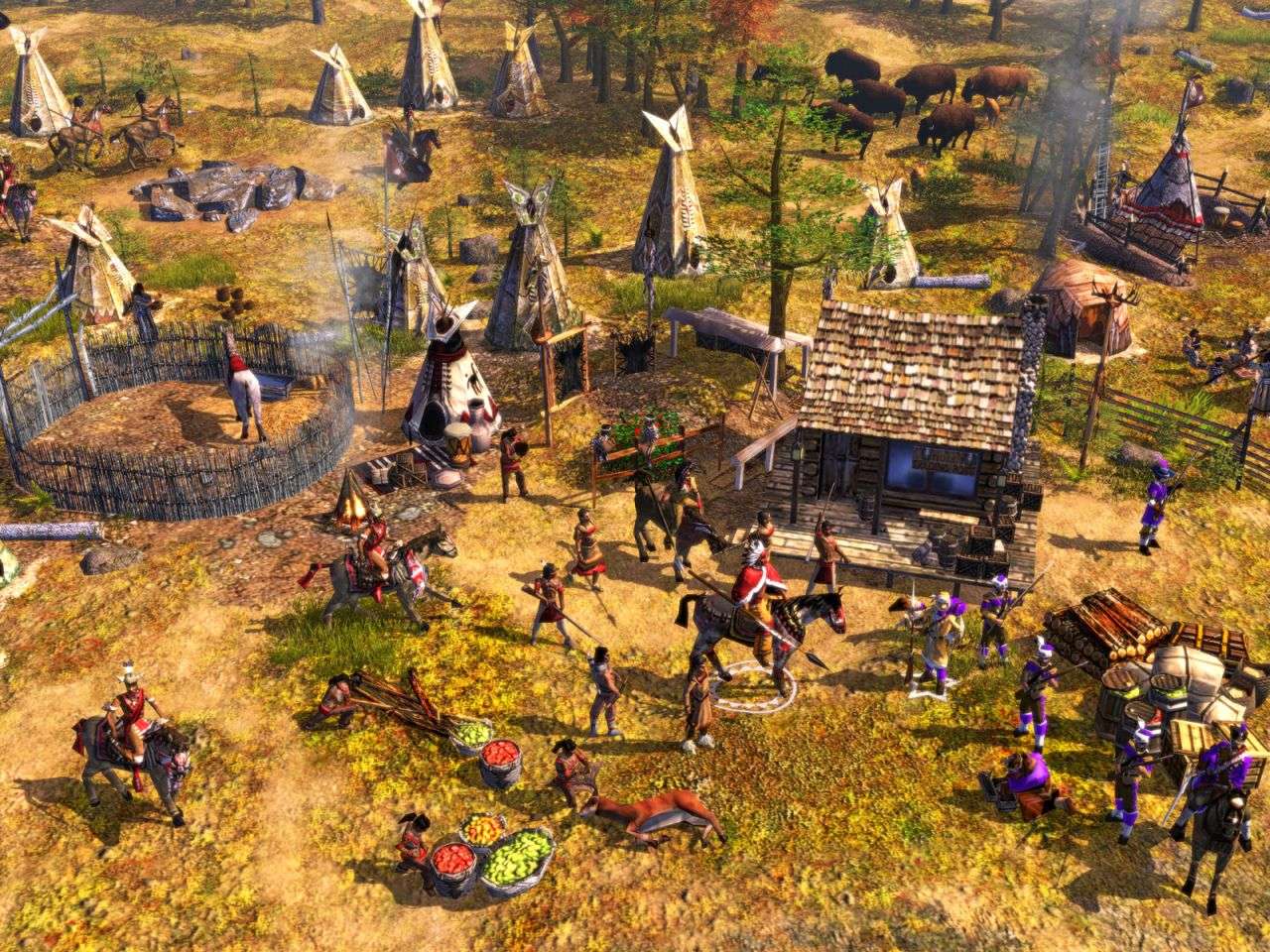The recent closure of four Microsoft game studios, including Arkane Austin and Tango Gameworks, has sent shockwaves through the gaming community. These closures, coupled with Microsoft’s acquisition of Activision Blizzard, have sparked concerns about the direction of the company’s gaming division under Phil Spencer’s leadership.
This article dives into the recent developments, explores the potential impact on beloved franchises like Dishonored and Hi-Fi RUSH, and examines the questions surrounding Microsoft’s current gaming strategy.

A String of Studio Closures: Raising Eyebrows
The closure of Arkane Austin, the studio behind critically acclaimed titles like Prey and Redfall, was a significant blow. This decision was followed by the shuttering of Tango Gameworks, the developers of the popular The Evil Within series, and the recently released Hi-Fi RUSH. These closures not only impacted talented developers but also raised concerns about the future of ongoing projects and beloved franchises.
The cancellation of Dishonored 3, a highly anticipated sequel from Arkane Austin, was particularly disheartening for fans. Similarly, the potential demise of Hi-Fi RUSH 2, a vibrant and stylish action game from Tango Gameworks, left many wondering about Microsoft’s commitment to fostering creative and unique titles.
The Activision Blizzard Acquisition: Shifting Priorities?
Microsoft’s recent acquisition of Activision Blizzard, a gaming giant with established franchises like Call of Duty and World of Warcraft, has further fueled speculation about the company’s priorities. While the acquisition promises access to a vast library of popular titles and potentially bolsters Game Pass subscriptions, some argue it comes at the expense of supporting smaller studios and fostering innovative game development.
Critics argue that the focus on established franchises and large-scale acquisitions might overshadow the development of original and niche titles that Arkane Austin and Tango Gameworks excelled at. They question whether Microsoft’s current strategy prioritizes established names and profitability over nurturing creative talent and fostering innovation within the gaming industry.
The Future of Microsoft’s Gaming Division: A Call for Transparency
The recent studio closures and the Activision Blizzard acquisition have cast a shadow over Microsoft’s gaming strategy. Moving forward, the company needs to address the concerns of the gaming community by providing greater transparency about its long-term vision.
Here are some key questions that Microsoft could address:
- Future of Existing Franchises: Will Microsoft continue development on franchises like Dishonored and Hi-Fi RUSH, or will they be abandoned entirely?
- Support for Smaller Studios: Does Microsoft still prioritize nurturing smaller studios with unique creative visions, or will the focus be on established franchises and large-scale acquisitions?
- Balance Between Innovation and Established Names: How will Microsoft strike a balance between supporting innovative projects from smaller studios and leveraging the established franchises acquired through the Activision Blizzard deal?
By openly addressing these concerns, Microsoft can rebuild trust with the gaming community and demonstrate a commitment to both established franchises and the creative spirit that drives the industry forward.
FAQs
Q: Why did Microsoft close Arkane Austin and Tango Gameworks?
A: The official reasoning behind the closures hasn’t been fully disclosed. However, speculation suggests a potential shift in Microsoft’s strategy, focusing more on established franchises and large-scale acquisitions.
Q: Does this mean Dishonored 3 and Hi-Fi RUSH 2 are canceled?
A: Microsoft hasn’t officially confirmed the cancellation of either title. However, the studio closures cast doubt on their future development.
Q: Is Microsoft abandoning its commitment to original and innovative games?
A: This is a major concern for many gamers. Microsoft needs to address this question by providing greater transparency about its long-term vision for fostering creative development within the gaming division.




